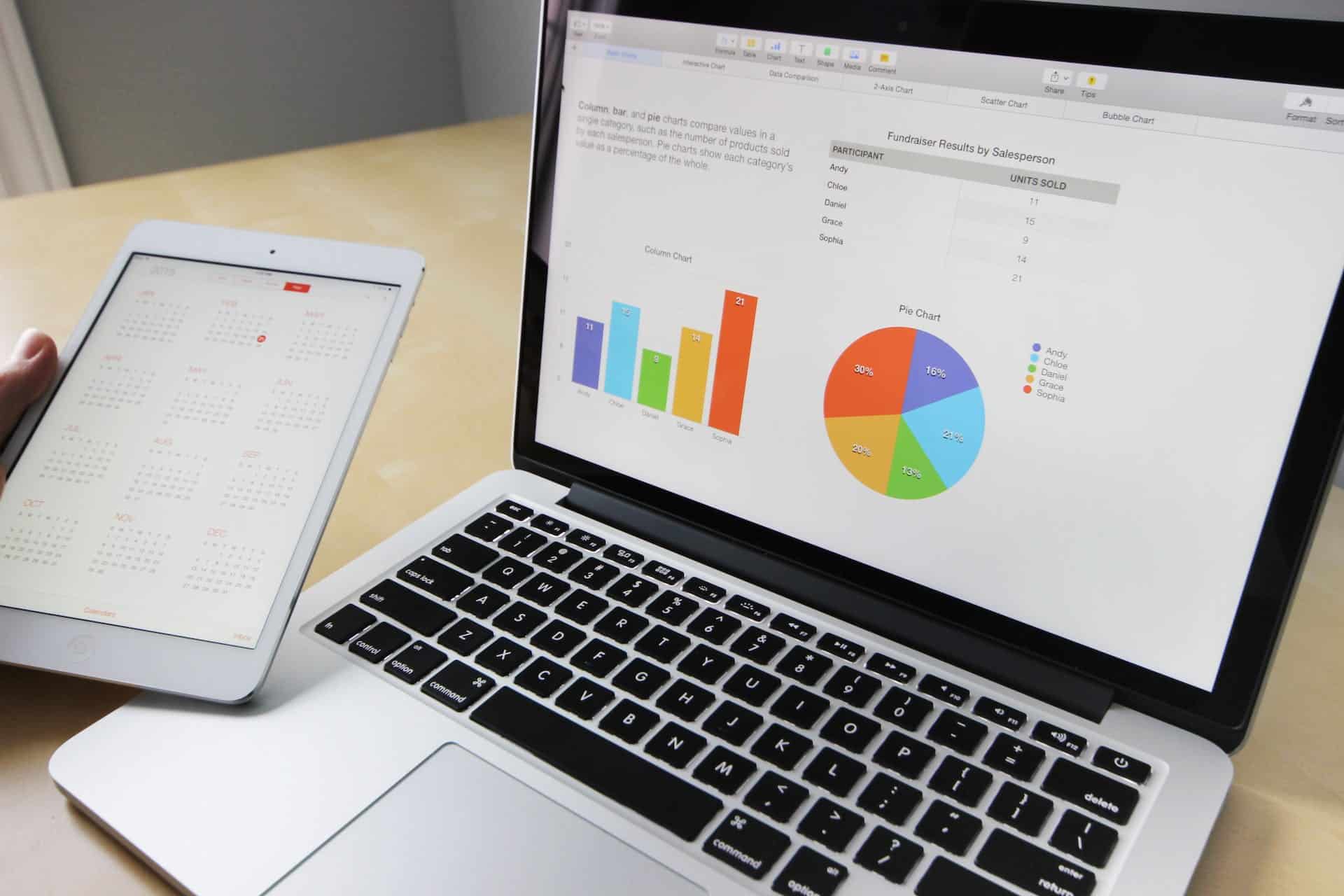In this age of digital evolution, technology has become a cornerstone of every aspect of our lives, including the management of personal finances. The traditional banking industry has been significantly impacted by the advent of fintech, with online platforms and digital services transforming the way people handle their finances. This article delves into the fascinating world of finance technology, addressing its implications and how it is shaping the future of personal finance management.
The Rise of Fintech in Personal Finance Management
Fintech, a term that describes the growing intersection of financial services and technology, has been a game-changer in personal finance management. This section explores how fintech is revolutionizing the way individuals manage their money and what that means for the future.
En parallèle : 5 tools for creating a healthcare chatbot without any programming knowledge
In the past, managing personal finances often meant a trip to the bank or a consultation with a financial adviser. However, fintech has reimagined this process by making it more convenient, efficient, and accessible. People can now manage their finances on their smartphones with the help of various fintech applications. These digital platforms offer services such as budgeting, investment management, online banking, and even peer-to-peer payments.
Fintech’s impact on personal finance management is based on data-driven insights, allowing people to make more informed financial decisions. This technology’s evolution has now led to the development of robo-advisors, which use algorithms to give investment advice tailored to the user’s financial goals and risk tolerance.
A lire également : How is AI being used to enhance creative processes in music and art?
The Impact of Online Banking on Personal Finance Management
Online banking is an integral part of the fintech revolution, significantly transforming the way individuals manage their finances. It has provided a platform for users to access banking services from the comfort of their homes, making the management of personal finances more accessible and efficient.
Before the advent of online banking, people would visit their local banks to carry out transactions, which was often time-consuming. However, online banking has eliminated this need. It allows users to deposit checks, transfer funds, and even apply for loans at their convenience.
The most significant benefit of online banking is its accessibility. With a stable internet connection, people can manage their finances from virtually anywhere. This convenience has also led to the development of digital-only banks, which operate exclusively online and offer competitive rates due to their reduced operational costs.
The Role of Big Data in Shaping Personal Finance Management
Big data is another technological innovation that is significantly influencing personal finance management. By analyzing massive volumes of data, financial institutions can provide more customized services to their customers, enhancing the experience of managing finances.
Big data can be used to analyze spending habits, provide insights into investment behaviors, and predict future financial trends. This information can help individuals make better financial decisions, manage their debt more effectively, and even
save for future expenses.
Financial institutions are leveraging big data to improve their services. This includes offering personalized banking experiences, developing risk management strategies, and providing real-time fraud detection. With the help of big data, the traditional financial industry is evolving into a more customer-centric model.
Digital Payment Platforms and Their Effect on Personal Finance Management
The proliferation of digital payment platforms has made it easier than ever for individuals to manage their finances. These platforms have not only simplified the process of making payments but also brought a level of convenience that was hitherto unimaginable.
With digital payment platforms, individuals can pay for goods and services, transfer money, and even split bills with friends, all at the click of a button. These platforms have also made it easier for people to keep track of their spending, as all transactions are recorded digitally.
Digital payment platforms are not only convenient but also secure. They employ advanced security measures, such as encryption and tokenization, to protect users’ financial data. These platforms have also made financial services more inclusive by providing financial services to those without access to traditional banking systems.
How AI Is Redefining Personal Finance Management
Artificial Intelligence (AI) is another exciting frontier in the fintech industry, promising to redefine personal finance management in the future. AI’s capabilities extend beyond robo-advisors – with the ability to analyze vast amounts of data, it can help individuals make smarter financial decisions and bring about more efficient personal finance management.
AI-powered tools are already disrupting the personal finance industry. Budgeting apps with AI capabilities can analyze spending habits and offer tailored advice to help users save money. AI can also make investing more accessible to the average person by offering automated investment platforms that provide personalized investment advice based on the user’s financial goals and risk tolerance.
In the banking sector, AI is being used to improve customer service. Chatbots, powered by AI, can answer customers’ queries at any time of the day, providing instant support. AI systems can also detect fraudulent transactions in real-time, enhancing the security of online banking.
The integration of AI in personal finance management is a testament to how technology continues to shape our financial lives. It serves as a marker of the ongoing digital transformation, predicting a future where managing personal finances is more efficient, accessible, and secure.
The Intersection of Machine Learning and Personal Finance Management
Machine Learning, a subset of artificial intelligence, promises to deliver unprecedented convenience and efficiency to the management of personal finances. This branch of AI, which learns from data and improves its decision-making capabilities over time, has the potential to provide highly personalized financial services tailored to an individual’s unique needs and circumstances.
A prime example is the application of machine learning in predicting a user’s spending habits and advising them based on these predictions. Machine learning algorithms analyze a user’s past financial data, such as their income, expenses, and saving patterns, to predict future spending behavior. Based on these predictions, the system provides financial advice to help the user meet their financial goals.
Machine learning can also streamline the loan approval process. Traditionally, banks and other financial institutions rely on manual processes and human judgment to assess a borrower’s creditworthiness. However, machine learning can automate this process by analyzing a borrower’s credit history, income, and other relevant data to determine their likelihood of repaying a loan.
Moreover, machine-learning tools can detect fraudulent activities in real-time. By learning the normal patterns of a user’s financial transactions, these tools can instantly flag any unusual activity, enhancing the security of online banking and digital payment platforms.
Conclusion: The Future of Personal Finance Management
In the light of the advancements in financial technology, the future of personal finance management looks decidedly digital. Infused with artificial intelligence, online banking, and machine learning, individuals now have the power to manage their finances more efficiently and make more informed financial decisions.
Data-driven insights offered by fintech applications are enhancing financial literacy and encouraging a more proactive approach to managing personal finances. Furthermore, with the advent of robo-advisors, AI-powered budgeting apps, and machine learning tools, individuals can now receive personalized financial advice without the need for a physical visit to a bank or a financial advisor.
Big data and AI are also making financial services more inclusive by extending these services to those who traditionally lacked access. The proliferation of digital payment platforms is breaking down barriers and democratizing access to financial services.
Moreover, the integration of AI and machine learning in personal finance management promises to make these services even more personalized, efficient, and secure in the future. As technology continues to evolve, we can expect even more innovations that will continue to reshape the landscape of personal finance management.
In conclusion, technology is not just shaping the future of personal finance management – it is the future. As individuals, it is crucial to embrace these innovations and adapt to this changing landscape to make the most of our financial resources. After all, in this digital age, managing our personal finances is becoming less of a chore and more of a seamless part of our daily lives.






